Markets
What Does a Record Stock Market Mean?
We asked Yale SOM’s William Goetzmann, an expert on financial markets and the history of finance, what soaring stock prices say about the economy and the future of the markets.

How Big Investors Avoid Market Predators and Keep Trading Costs Low
Researchers have generally believed that as large institutional investors make bigger trades, their trading costs rise accordingly. Research from Yale SOM’s Tobias Moskowitz finds that they take a slow-and-steady approach to keep costs down and outsmart market predators.

Will the GameStop Rebellion Last?
We asked Yale SOM’s Kelly Shue, an expert in behavioral economics and empirical corporate finance, to explain what the GameStop phenomenon might mean for the balance of power on Wall Street.

During the COVID-19 Crash, Investors’ Beliefs Didn’t Match Their Behavior
Despite a general wave of pessimism following the COVID-19 stock crash in March, few investors made significant changes to their portfolios, according to new research from Yale SOM’s Stefano Giglio.
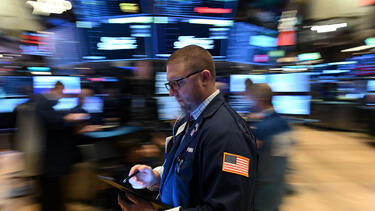
Rational Order from ‘Irrational’ Actions
Prof. Shyam Sunder outlines a strain of research, drawing on complexity theory, that suggests that outcomes of a social system can be rational even if its individual participants are not rational.

Does A Mutual Fund’s Past Performance Predict Its Future?
A classic 1997 paper on mutual fund performance doesn’t describe present-day markets, Yale SOM's James Choi found.

Liquidity Injections May Have Driven the Stock Market Recovery
Why did the stock market recover as the economy suffered? Yale SOM’s Shyam Sunder points to the hundreds of billions of dollars injected into the economy by the Federal Reserve and other central banks.
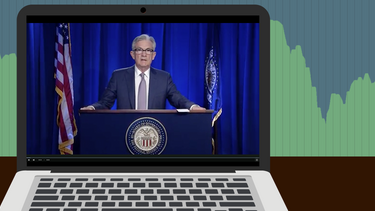
Why Did the Stock Market Bounce Back While COVID-19 Cases Kept Rising?
According to preliminary research by Yale SOM’s Peter Schott and his co-authors, investors may be adjusting prices based on whether previous predictions of total infections seemed overly optimistic or pessimistic.
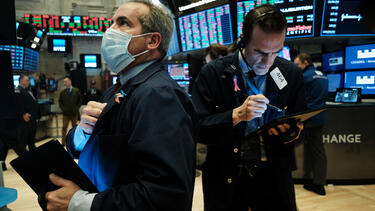
Crashes and COVID-19 in Historical Context
The stock markets are reeling as fear and uncertainty about the global pandemic grow. We asked Yale SOM’s William Goetzmann, whose research includes financial history, to put the volatility into historical perspective.
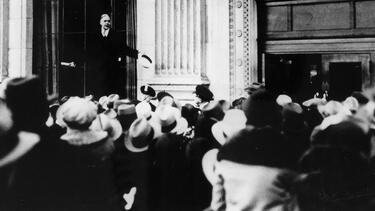
What the Plunge in the Stock Market Means for Individual Investors
We asked Yale SOM’s James Choi, who has examined the implications of academic research for personal finance, what studies say about how to respond to a market crash.
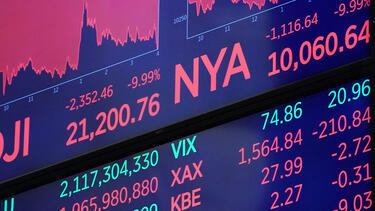
What’s Next for Alibaba?
The giant China-based conglomerate Alibaba raised more than $13 billion in November in a stock offering on the Hong Kong Stock Exchange. We asked Yale SOM’s Heather Tookes and Matthew Spiegel, who have studied the performance of companies after IPOs, what their research suggests about Alibaba’s prospects and its next steps.
